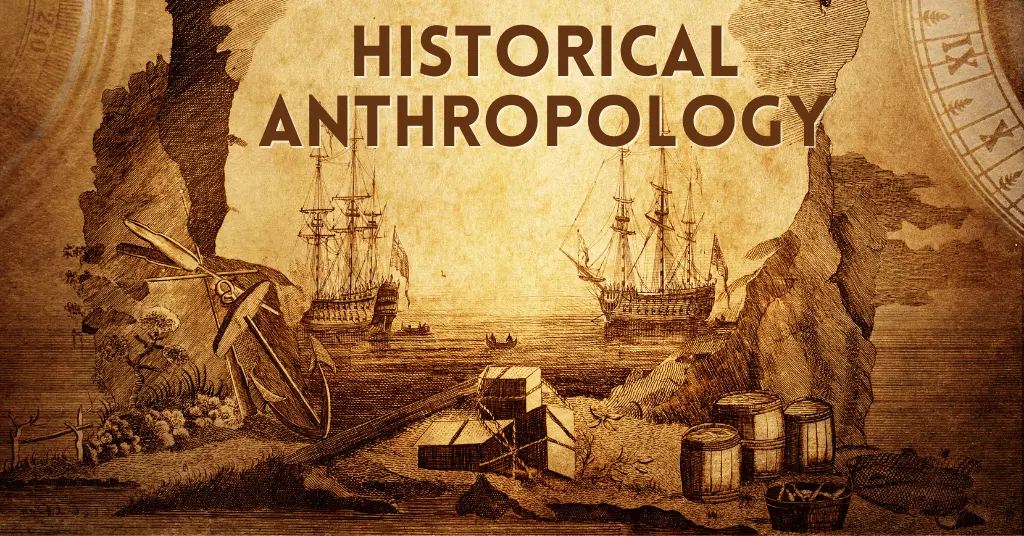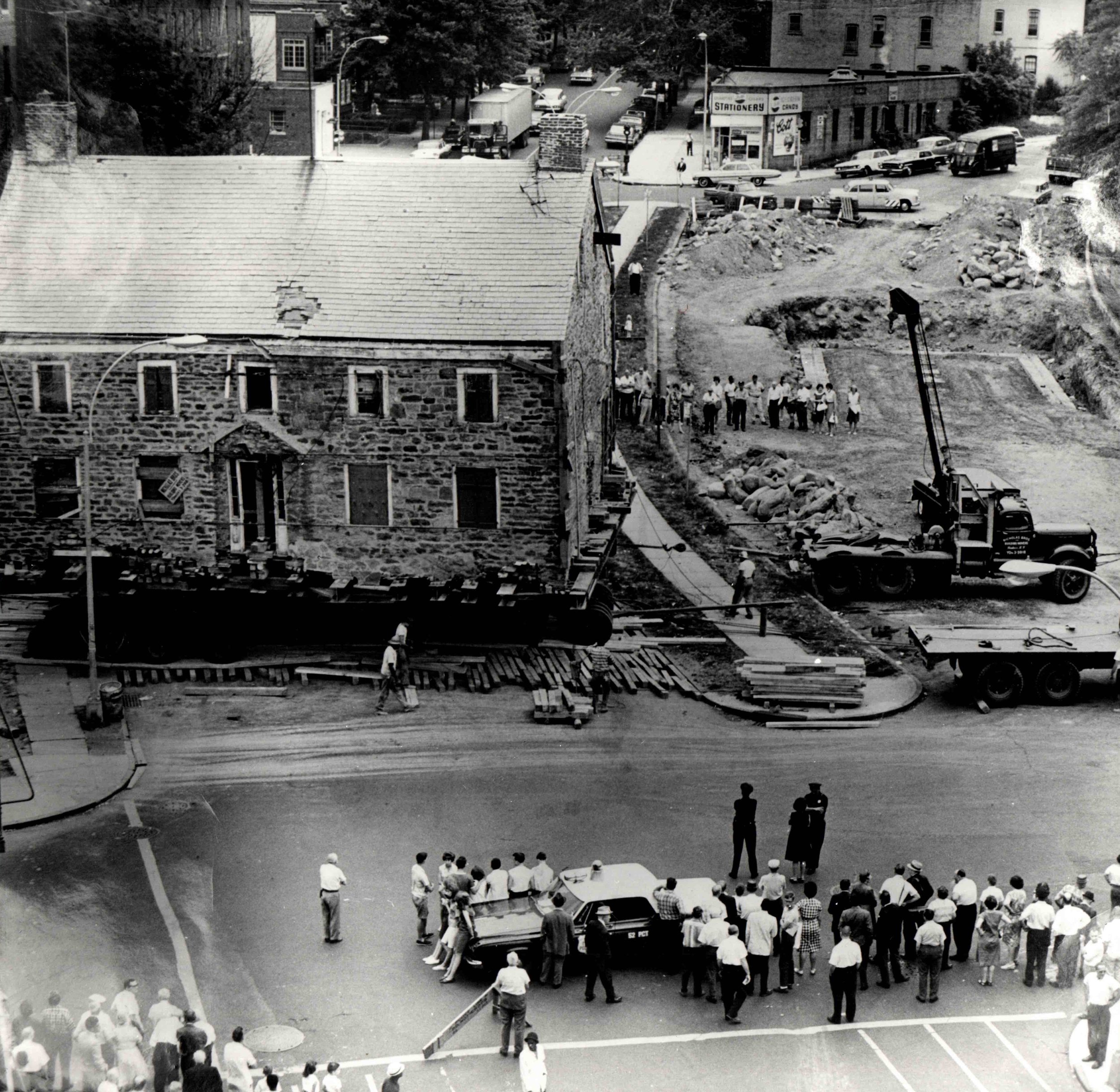
Echoes of the Past: Historical Trauma and the Enduring Health Crisis in Indigenous Communities
The vibrant tapestry of Indigenous cultures across the globe is woven with threads of deep wisdom, enduring resilience, and an unbreakable connection to land and spirit. Yet, beneath this rich surface lies a profound and often unseen wound: historical trauma. It is a collective, cumulative, and intergenerational experience that has profoundly shaped the health and well-being of Indigenous peoples, manifesting as a pervasive crisis that demands urgent attention, understanding, and systemic change.
For centuries, Indigenous communities have endured systematic violence, dispossession, and cultural annihilation at the hands of colonial powers. From the forced removal of nations, the deliberate destruction of traditional ways of life, and the imposition of foreign governance, to the horrific legacy of residential schools in Canada and boarding schools in the United States, these historical injustices were not mere isolated events. They were calculated policies designed to assimilate, control, and, in many cases, eliminate Indigenous identity. The reverberations of these traumas echo through generations, creating a complex interplay between historical suffering and contemporary health disparities.
Defining Historical Trauma: More Than Just History
Historical trauma, as conceptualized by Dr. Maria Yellow Horse Brave Heart, an Hunkpapa Lakota social worker and scholar, refers to the cumulative emotional and psychological wounding over the lifespan and across generations, emanating from massive group trauma. It is distinct from individual trauma in its collective nature, its systemic roots, and its ongoing impact. It is not just about remembering a painful past; it is about living with its present consequences.
"The trauma is not just individual; it is collective, a wound carried by the entire community," states Brave Heart. "It affects identity, spiritual well-being, and social functioning." This trauma manifests as unresolved grief, a sense of profound loss, and an inability to fully mourn the destruction of cultural practices, languages, lands, and lives.

The Shadow of Assimilation: Residential and Boarding Schools
Perhaps no single policy embodies the brutality of historical trauma more starkly than the residential and boarding school systems. For over a century, thousands of Indigenous children were forcibly removed from their families, languages, and cultures, placed in institutions where they suffered widespread physical, emotional, and sexual abuse. The stated goal was to "kill the Indian in the child."
In Canada, the Truth and Reconciliation Commission (TRC) famously termed the residential school system a "cultural genocide." Its 2015 report documented horrific abuses and concluded that the system was a deliberate policy to destroy Indigenous cultures and languages. Similar findings emerged from investigations into the U.S. Indian boarding school system, with a 2022 Department of the Interior report confirming "widespread abuse" and identifying over 500 unmarked graves.
These institutions severed the sacred bonds between children and their parents, disrupted the transmission of traditional knowledge, and instilled a deep sense of shame regarding Indigenous identity. Survivors returned home traumatized, often unable to parent effectively, perpetuating cycles of abuse and neglect. The impacts are profoundly intergenerational, shaping family dynamics, community cohesion, and individual mental health to this day.
Mental Health: The Silent Epidemic
The link between historical trauma and mental health disparities in Indigenous communities is undeniable. Indigenous populations consistently experience significantly higher rates of depression, anxiety disorders, post-traumatic stress disorder (PTSD), and substance use disorders compared to non-Indigenous populations. Suicide rates among Indigenous youth, in particular, are alarmingly high, often many times the national average in countries like Canada, the United States, and Australia.
"When you take away a people’s language, their land, their ceremonies, and their children, you create a profound spiritual wound," notes an Indigenous elder from a northern Canadian community. "That wound manifests as pain, and sometimes that pain becomes too much to bear."
The constant exposure to systemic racism, discrimination, and the ongoing struggle for rights and recognition further exacerbates these mental health challenges, creating a perpetual state of stress. This chronic stress, combined with the inherited legacy of trauma, can lead to maladaptive coping mechanisms, including substance abuse, as individuals attempt to numb the pain.
Physical Health: A Body Under Siege

The impact of historical trauma extends beyond mental health, manifesting in stark physical health disparities. Indigenous communities often face higher rates of chronic diseases such as Type 2 diabetes, cardiovascular disease, obesity, and certain cancers. While socio-economic factors like poverty and lack of access to healthy food play a significant role, the biological effects of chronic stress and trauma are increasingly understood as critical contributors.
The science of epigenetics offers a compelling biological explanation for how trauma can be passed down through generations. Epigenetic changes are modifications to gene expression that are not changes to the underlying DNA sequence itself, but rather to how genes are "read" by the body. Research suggests that the extreme stress experienced by a grandmother in a residential school, for example, could lead to epigenetic changes that influence her children’s and grandchildren’s susceptibility to stress-related diseases, metabolic disorders, and even mental health conditions.
Dr. Rachel Yehuda, a prominent researcher in the field of intergenerational trauma, has conducted groundbreaking studies on Holocaust survivors and their offspring, demonstrating similar epigenetic markers. This emerging understanding provides a scientific basis for what Indigenous communities have long known: the past truly lives in the present, etched into their very DNA.
Furthermore, the loss of traditional food systems due to land dispossession and the imposition of Western diets rich in processed foods have contributed to metabolic disorders. The disruption of traditional healing practices, coupled with a lack of culturally safe healthcare services, further compounds the problem. Indigenous patients often face racism and discrimination within mainstream healthcare systems, leading to distrust and reluctance to seek necessary care.
Resilience, Revitalization, and Healing
Despite the profound challenges, Indigenous communities are bastions of incredible resilience, strength, and a deep commitment to healing. The narrative of historical trauma is not solely one of victimhood; it is also one of survival, resistance, and revitalization.
Cultural revitalization is a powerful pathway to healing. The reclamation of traditional languages, ceremonies, land-based practices, and knowledge systems provides a crucial foundation for identity, belonging, and spiritual well-being. Language, for instance, is not merely a means of communication; it carries embedded worldviews, traditional teachings, and ways of understanding the self and the universe. Its reclamation is a profound act of decolonization and healing.
Many Indigenous communities are developing their own culturally specific healing modalities, often rooted in traditional knowledge and practices. These may include talking circles, sweat lodge ceremonies, land-based healing camps, elder mentorship programs, and traditional medicine. These approaches emphasize community, spirituality, and a holistic understanding of health that encompasses the mind, body, spirit, and emotions.
"Our ancestors survived," reflects an Indigenous youth leader. "Their strength is in us. We are taking back our stories, our languages, our ceremonies. That is how we heal."
The Path Forward: Reconciliation and Systemic Change
Addressing historical trauma and its impact on Indigenous health requires more than just acknowledging the past; it demands concrete, systemic change and a commitment to genuine reconciliation.
Key steps include:
- Truth-Telling and Education: Acknowledging the full scope of historical injustices in educational curricula and public discourse is essential for building a shared understanding and fostering empathy.
- Culturally Safe Healthcare: Healthcare systems must be decolonized, ensuring services are delivered in a way that respects Indigenous cultures, values, and traditions. This includes increasing the number of Indigenous healthcare providers, incorporating traditional healing practices, and addressing systemic racism within institutions.
- Self-Determination: Supporting Indigenous communities in exercising their inherent right to self-determination over their lands, resources, and governance is crucial. This includes supporting Indigenous-led health initiatives and decision-making.
- Land Back and Resource Equity: Addressing land dispossession and ensuring equitable access to resources is fundamental, as the health of Indigenous peoples is inextricably linked to the health of their traditional territories.
- Intergenerational Healing Programs: Investing in programs that specifically address the intergenerational impacts of trauma, supporting families, and empowering youth.
The journey towards healing from historical trauma is long and complex, requiring sustained effort, profound empathy, and unwavering commitment. The wounds of the past are deep, but the spirit of Indigenous peoples remains indomitable. By understanding the profound legacy of historical trauma and actively supporting Indigenous-led paths to healing and self-determination, societies can begin to repair the damage and foster a future where Indigenous communities not only survive but thrive in health, dignity, and cultural strength. The echoes of the past can, with collective effort, transform from cries of pain into songs of resilience and hope.

